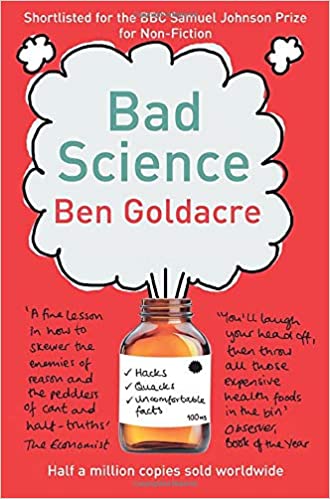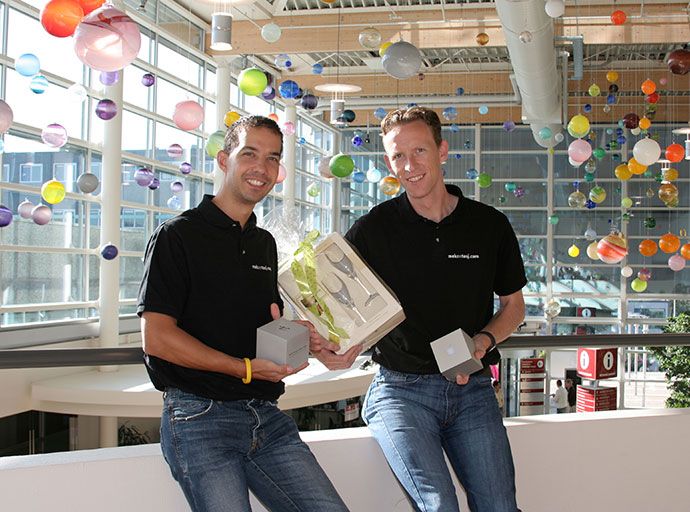Henry was the first Nature Network blogger to answer a few questions about science blogging that we discussed in the Nature Network Bloggers forum. Some more posts can be found here and here.1. What is your blog about? I am interested in how the internet is changing the way we publish and communicate science. I write from the perspective of someone that consumes and sometimes produces science.
The Article Authoring Tag Set of the National Library of Medicine (NLM DTD for short) creates a standardized format for new journal articles that can be used by authors to submit publications to journals and to archives such as PubMed Central. [1] The Microsoft Word Article Authoring Add-in that was released earlier this year reads and writes this format.

Working in science is as much about reading papers as it is about writing papers.

Ben Goldacre: Bad Science. Published September 2008 by Fourth Estate Ltd. Paperback, 352 pages, ISBN 0007240198 Ben Goldacre, blogger of the Bad Science [1] column in the Guardian newspaper, in September published a book based on material from his blog. Just like the newspaper column, the book is primarily intended for a general audience rather than the trained scientist or medical doctor.
Today is Open Access Day 1 , intended to broaden awareness and understanding of Open Access.
The 2008 Nobel Prizes will be announced next week, starting with the Nobel Prize in Physiology or Medicine on Monday. There will be a live webcast on Monday at 9:30 AM GMT for those interested 1 . As every year just before the announcement, speculation about this year's winners is in full swing. M. William Lensch, here on Nature Network correctly predicted last year's winners 2 , and this year he is trying it again 3 .

Good software solves a problem. When one journal after another switched to PDF as electronic document format, and journals started to appear only in electronic form, storing papers as printouts in folders became impractical. But the PDF files will soon start to clutter the hard drive, despite efforts to organize them by topic, year or author. At least for Macintosh users, Papers is one practical and elegant solution to this problem.
This blog post is about presentations. And this usually means PowerPoint presentations, although some people do well without it1. Edward Tufte argues that PowerPoint can be a really bad tool to create slides2. But it is probably not the software, but rather the people that produce these slides that are responsible for the quality3. The Neurotic Physiology blog published a list of things you shouldn’t do during a Powerpoint presentation4.
The German Academic International Network (GAIN)1 informs German researchers working in North America about research opportunities in Germany. The implied intention is to lure German researchers back to Germany. GAIN project director Katja Simons explains: Many german researchers abroad are highly interested in returning but they need support creating networks and receiving information on career opportunities in Germany.
Conference 2.0 – A scheduled meeting of people sharing a common interest that takes advantage of Web 2.01 concepts. Scientific conferences are essential both for the exchange of ideas and for networking. But they don’t have to be organized the same way as 10-20 years ago. Web 2.0 tools now allow much broader user participation before, during and after the conference. Technology conferences have seen this change already2.